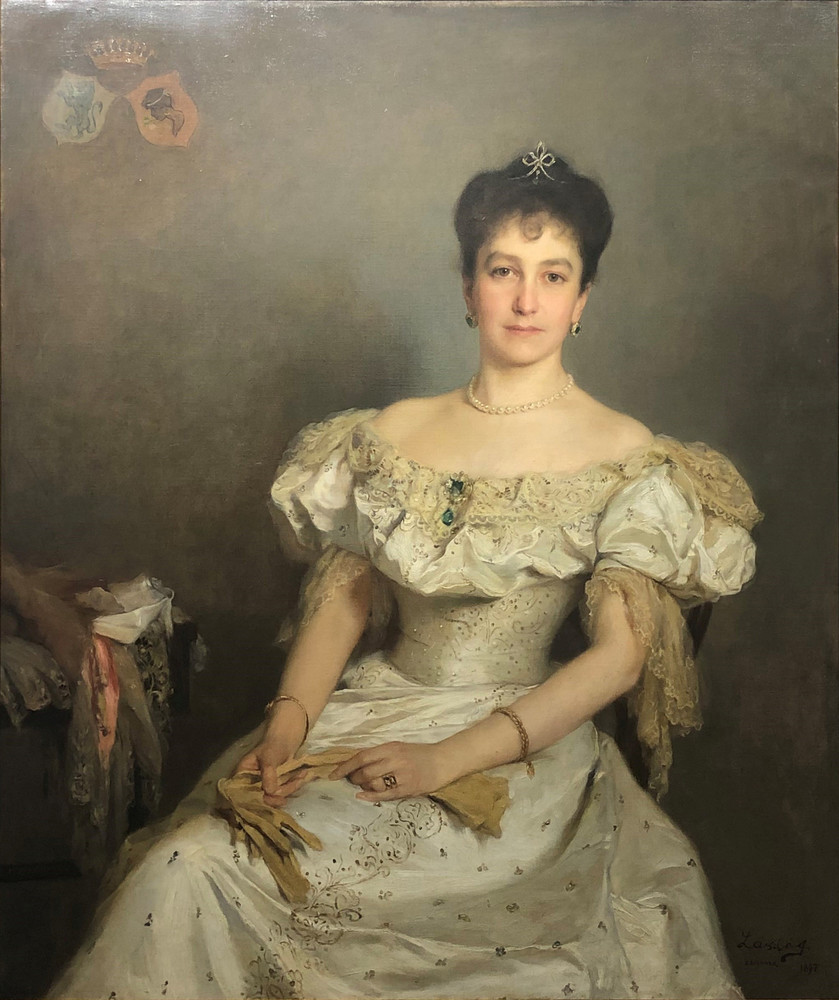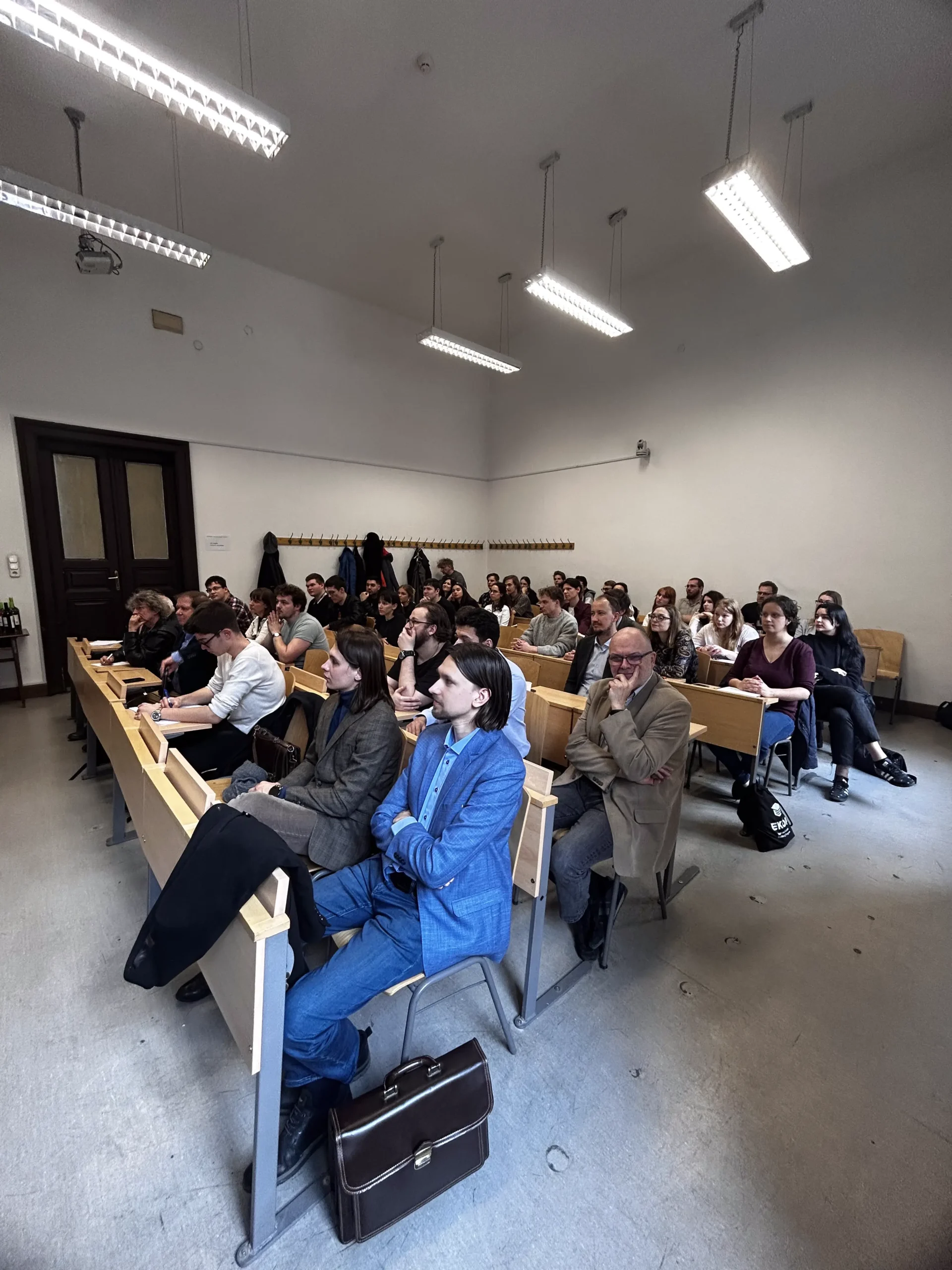Clotilde Apponyi – A Diplomat’s Wife and Philanthropist in Austro-Hungarian Society
Fact of the Hungarian figure „Margit Schlacta – The first woman to be elected to the Hungarian Parliament”
Part of the „The emancipation of women” topic
Albertné Apponyi (Countess Clotilde von Mensdorff-Pouilly) was born into an Austrian noble family and became a key figure in social reform and philanthropy in Hungary. After marrying Count Albert Apponyi, an influential statesman, in 1897, she immersed herself in Hungarian culture, learning the language and dedicating herself to the advancement of women’s rights and education. Albertné Apponyi’s philanthropic efforts were driven by a deep belief in the power of education to transform society. She supported the establishment of schools offering higher education for women, reflecting her commitment to providing women with opportunities for empowerment and independence.
Known for her charitable work, Clotilde Apponyi helped improve the lives of Hungary’s most vulnerable populations, including the poor, children, and women. She provided heated rooms, served hot soup to those in need, and helped impoverished women sell their handicrafts to support themselves. Her work extended to promoting the acceptance of women’s education, a progressive stance in a time when such opportunities were limited. She believed that widespread education was crucial for societal development and was a vocal advocate for the advancement of women’s education in Hungary.
From 1904, Clotilde Apponyi led the Hungarian Women’s Association, playing a crucial role in advancing Hungarian culture and the establishment of the Petőfi Museum. Her leadership in the association was instrumental in pushing forward initiatives that improved the social and educational status of women, solidifying her position as a key advocate for women’s rights in Hungary.
Her work paralleled efforts by other women in Central Europe who were pushing for similar reforms. Like Margit Schlachta in Hungary, who became the first woman elected to the Hungarian Parliament, and Františka Plamínková in Czechoslovakia, who fought for women’s suffrage and political equality, Apponyi was part of a broader movement of women advocating for social justice and gender equality across the region.
Clotilde Apponyi’s legacy as a philanthropist and advocate for women’s education and rights had a lasting impact on Hungarian society. Her contributions to improving the lives of underprivileged populations and promoting women’s education helped pave the way for future generations of women in Hungary to access greater opportunities. Her work remains an important chapter in the broader story of women’s emancipation in Central Europe, reflecting the significant role that aristocratic women could play in advancing social reforms.





